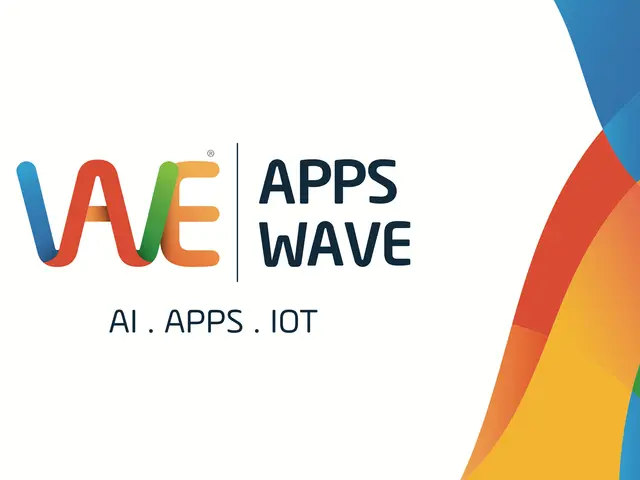Device data ownership shifts: Users gain control over their device data
From September 12, 2025, a significant change is on the horizon as the EU Data Law comes into effect. This new regulation grants users broader rights to data collected by their devices, marking a shift in the balance of power between manufacturers and consumers.
The law applies to any device that generates data and communicates with the outside world, including smartwatches, fitness trackers, household appliances, cars, industrial machines, and more. This broad scope encompasses nearly all organizations that process personal data professionally, from small businesses and freelancers to local craftsmen and associations.
Manufacturers must now ensure that new products are delivered with simple interfaces to make it easier for customers to access their data. They can provide access via an app or a menu in the device, or via a web portal. This change aims to give consumers more control over their data, opening up new possibilities for data-driven business models.
Ralf Wintergerst, President of Bitkom, sees opportunities in this shift. He believes that the new rights could lead to the emergence of new services, such as cheaper repairs and innovative service offerings. Iris Plöger, Co-CEO of BDI, however, expresses criticism, believing that the EU legislator is overreaching in the contractual autonomy of industry.
Cloud providers will also need to ensure data security and make it easier for users to switch to other providers. This could lead to a more competitive market, benefiting consumers in the long run.
The law refers to "any digital representation of actions, facts, or information," which includes measurement values, location data, photos, videos, or audio recordings. In the event of natural disasters, authorities may access data to respond more quickly.
From September 2026, if you sell a device, you are obliged to explain to the new owner how to access the data. Manufacturers must also explain how data access works at the time of purchase.
Criticisms have been raised that the regulation has not been properly transferred into German law. Both Bitkom and BDI have expressed concerns about this issue.
Dominik Hochwarth is the author of the article. In the future, users can selectively share their data, opening up new possibilities for personalised services and experiences. This change is set to reshape the digital landscape, empowering consumers and creating new opportunities for businesses.
Read also:
- Peptide YY (PYY): Exploring its Role in Appetite Suppression, Intestinal Health, and Cognitive Links
- House Infernos: Deadly Hazards Surpassing the Flames
- Aspergillosis: Recognizing Symptoms, Treatment Methods, and Knowing When Medical Attention is Required
- Biomarkers as potential indicators in guiding treatment for ulcerative colitis?








